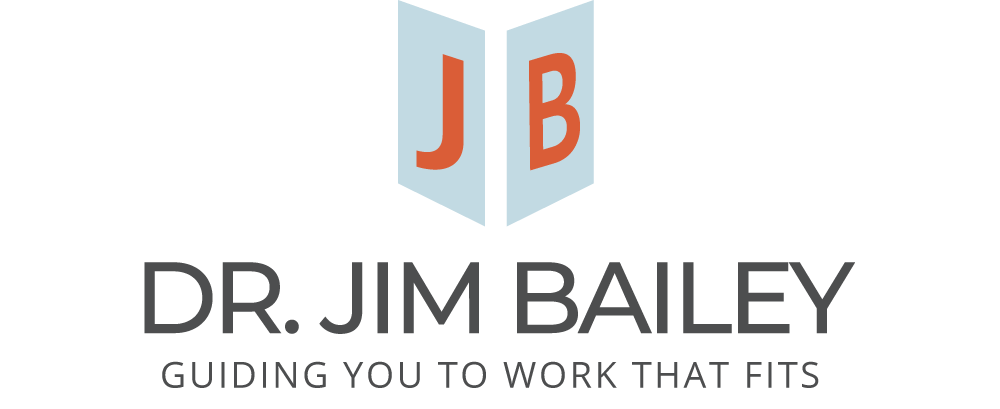Shoveling the Mulch in Your Life
Last Saturday several high school guys and their Young Life leader help me mulch the flower beds around my yard. These guys helped turn what would have been a week of back-breaking work (it took seven cubic yards of mulch) by myself into a fun day of hard work together. In return we helped them defray the expense of a week at a Young Life camp - “the best week of their lives”.
Spring mulching is one of those hard tasks that gives a yard guy like me a great “bang for my buck” because the yard looks great for weeks, maybe months, before I’ll need to do it again. It helps to focus on the immediate results rather than the fact that the sun, rain, and biodegrading will inevitably lead to next spring’s “mulch day”. If I focused on the irony of how many years I’ve mulched my yard and how many more years I’m likely to repeat the process, I might just be tempted to cover the whole thing in kudzu.
Work (and Life) can feel like spreading mulch. There’s a lot of hard work, the occasional sense of satisfaction or reward, then the knowledge that you’ll end up repeating the entire process again. The average American spends forty-two years working before they retire – some more and some less. That’s a long time to spend doing something, so it’s good to know what you should reasonably expect from your work-life.
Many of my clients have unrealistic expectations for their work-life. Yes, many of them are young, but having unrealistic expectations for the big things of life seems to be a growth industry. Truthfully, many people’s expectations for their work-life are like their hopes and expectations for their love-life. They hope to find that one job (or person) by which (or whom) they can experience a life of joyful bliss and fulfillment with minimal problems. Establishing realistic expectations for your work (and love life) is an essential key to maximizing the return you’ll gain from it (or them).
On occasion, I’ve voluntarily provided pre-marital coaching to engaged couples using tools that are similar to my career coaching tools – personal histories, personality profiles, values and expectations assessments, and aspiration and goal exercises. I begin by telling them that a good marriage is one of the most rewarding things a person can experience, but it takes the most work and hardest work you’ll ever do in your life. Failing to understand this sets you up to experience disappointment, disillusionment, and other painful emotions. Understanding the nature of work (and marriage) enables you to get the most from it (them).
I like to share a story with my clients to illustrate this idea. It came from a conversation I had with my grandfather when I was about twelve years old. Daddy Jim (yes, my namesake) raised appaloosa horses and let me help him on the farm. One day, as we were doing the hard, smelly work of cleaning horse manure out of the stables, he turned to me and said, “Jimmy, there’s always manure to shovel”. My grandfather loved raising, grooming, riding and showing his horses, but he understood manure was an inescapable part of horse work.
For those of us with some life experience (it’s the mileage - not the years - that age us) it’s commonsense that the best things in life are often the ones that require the hardest work. Yet, our culture still works hard to convince us that a great life can just fall in our laps. If you read the stories of the people who’ve made positive impacts on the world, hard work is a unifying theme, along with persistence in the face of adversity.
Just as our relationships are easier when we’re well-matched to the people in them, our work is easier when we’re doing tasks and working in environments that are a better fit to who we are. Aligning the things we do, and those with whom we do them, to “who we are” reduces the number of hard things in our work-lives, but it never eliminates them. Realistic living means we expect to work hard for the things that are worthwhile, but we also benefit from working smarter.
Late in the day on Saturday, Andrew, a linebacker on his high school football team, was grunting and working hard to get shovel-fulls of mulch from the pile into his wheelbarrow. I handed him a pitchfork and said, “Here, this is a better tool for that job” and took the square-edged shovel he’d been using from his hand. Shoveling mulch was going to be hard work, there was no escaping that reality, but matching the tool to the job sure made it a lot easier, and the end results made it all worthwhile.

